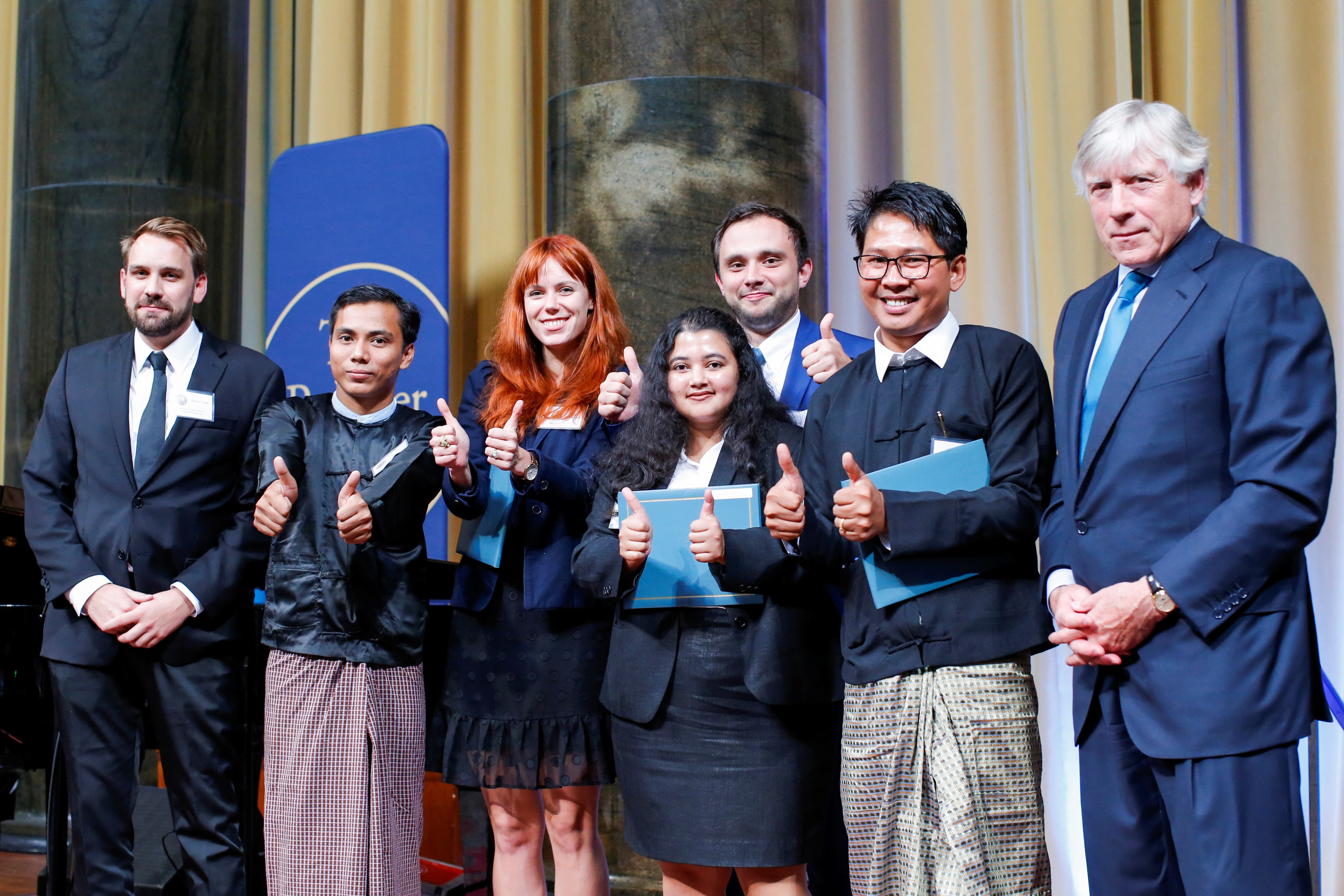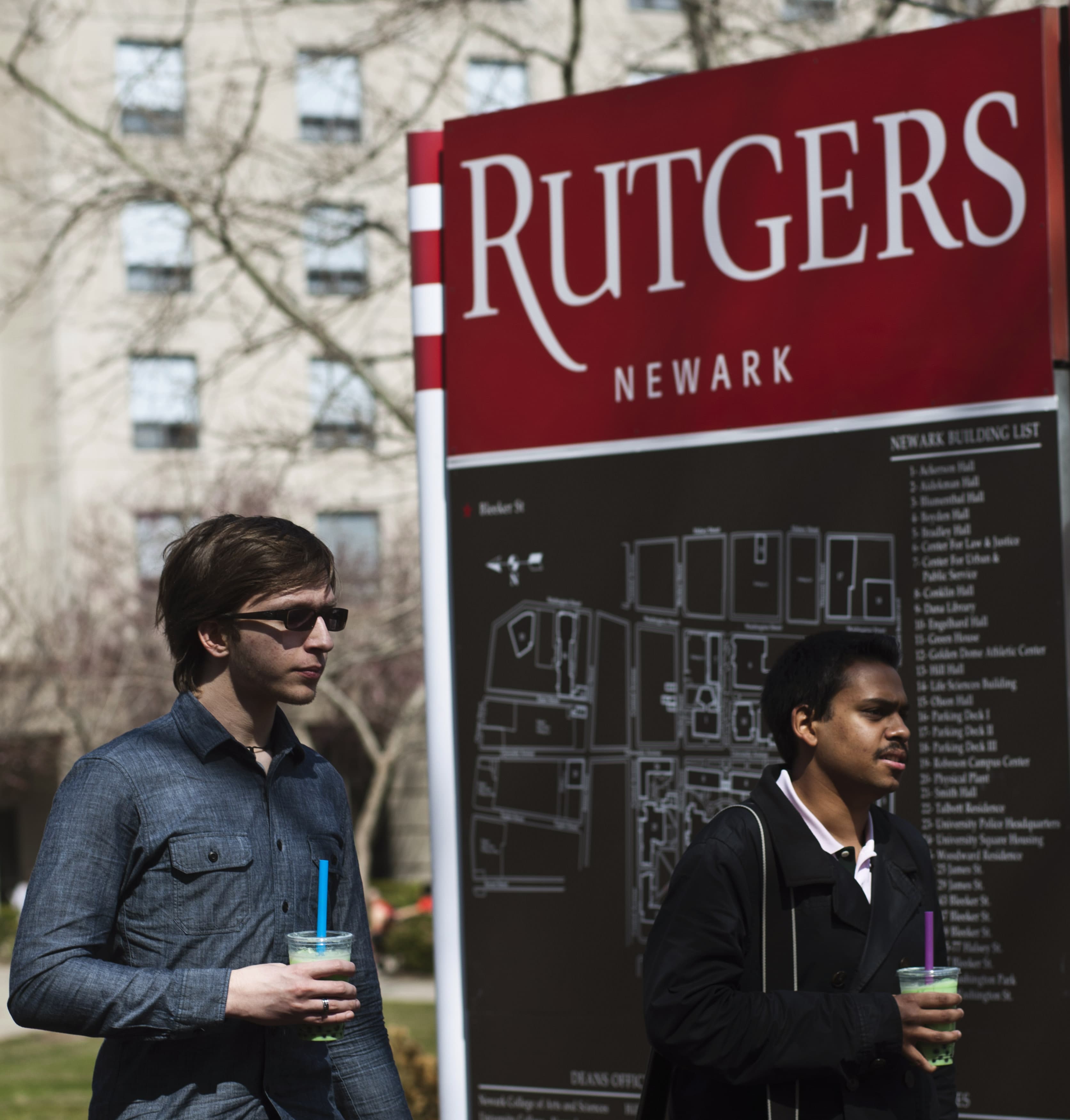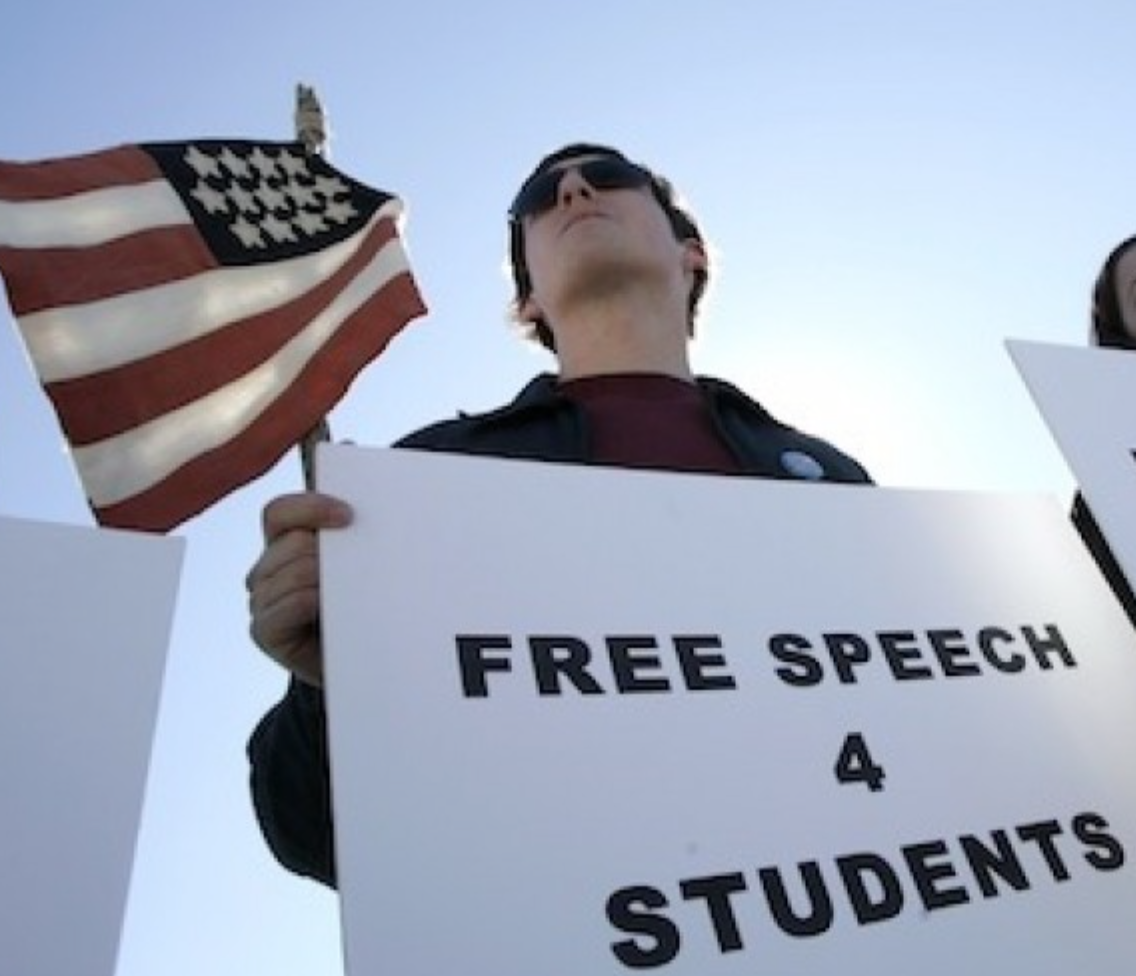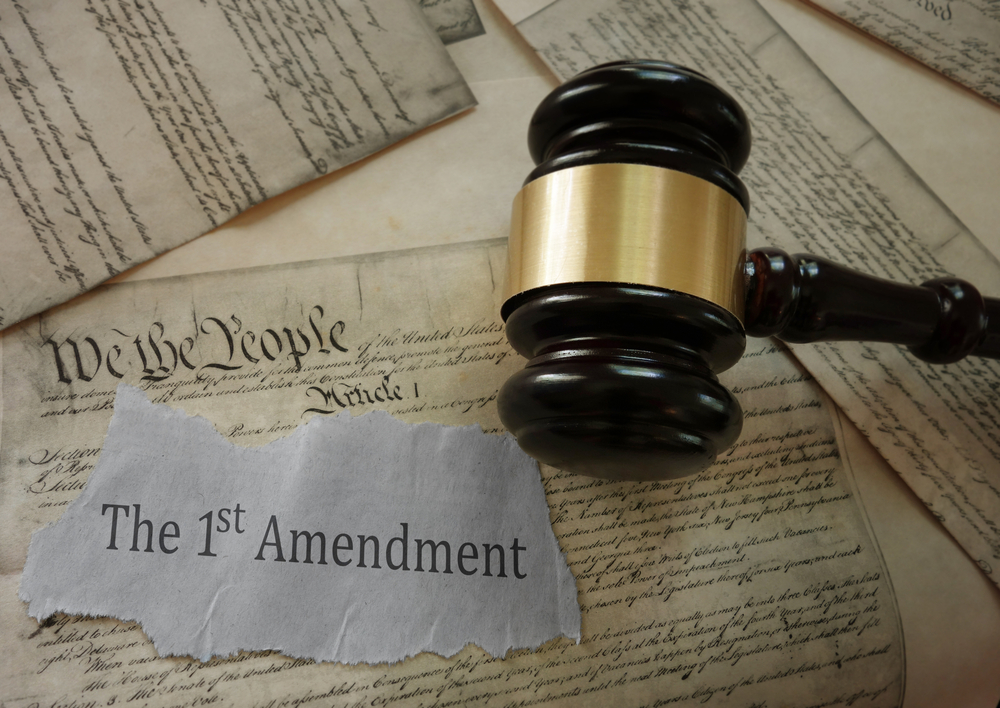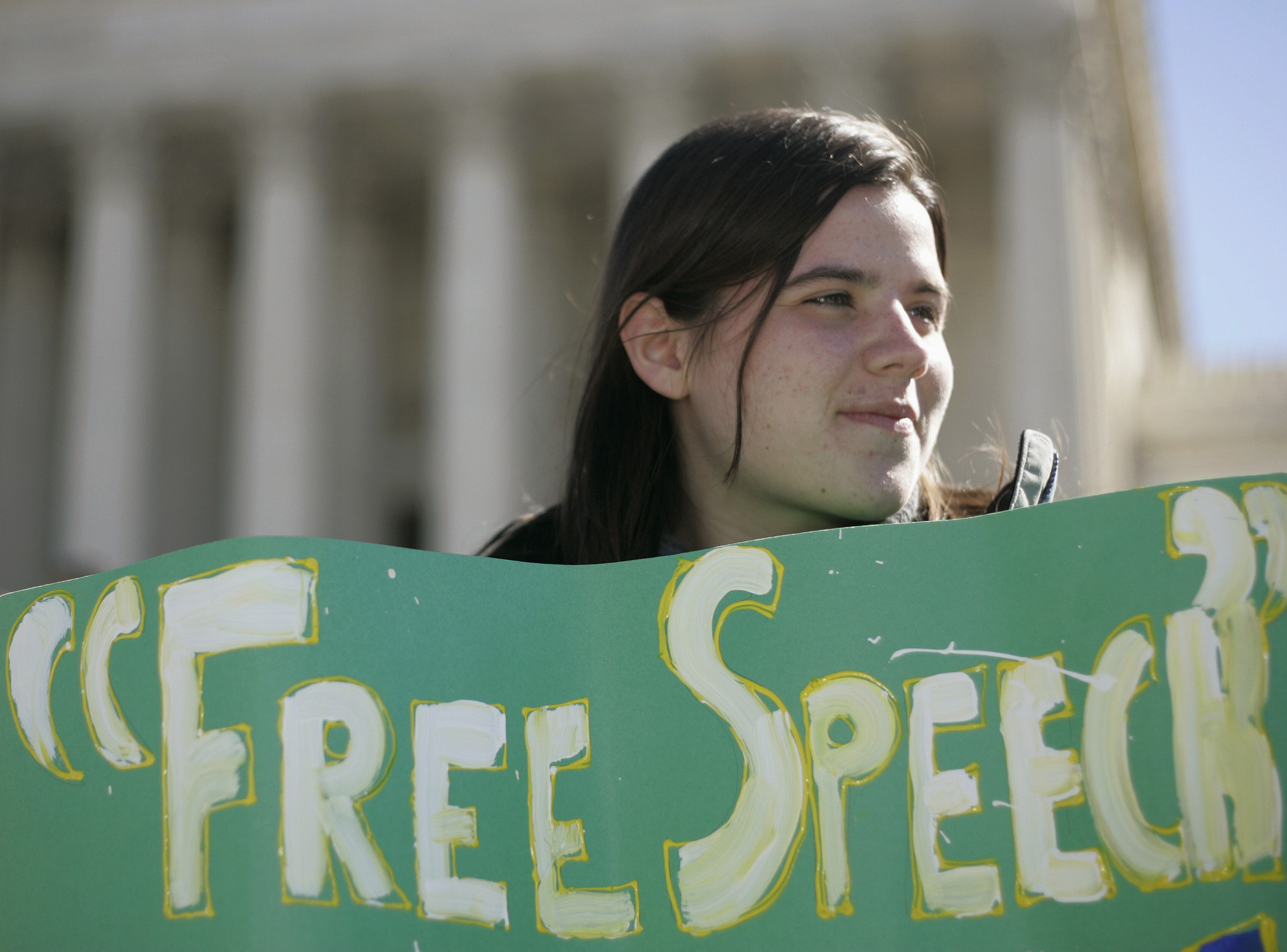Columbia President Lee Bollinger Weighs In On The State of Campus Speech
Columbia University president and First Amendment scholar Lee Bollinger writes about the state of free speech on college campuses. Despite President Trump’s claim that an executive order was necessary to […]
Defunding of Student Newspaper Violates First Amendment, Says Watchdog Group
An independent student newspaper lost its funding in a recent referendum vote, and the process violates the First Amendment, says Freedom for Individual Rights in Education (FIRE). Since The Daily Targumbroke free from Rutgers University in 1980, it has had to rely on funding from the student body, which votes every three years on whether to allocate student fees to fund the newspaper. In order to qualify for funding, at least 25 percent of the student body has to vote on the referendum. But following a two-year campaign by a right-leaning student group to deny funding for the student newspaper, for the first time in 39 years, voter turnout was too low to qualify the publication for funding.
University of Wisconsin-Milwaukee Embroiled in Free Speech Controversy
The University of Wisconsin-Milwaukee is the latest college campus to become embroiled in a free speech controversy. During a campus event celebrating Israel’s independence, a student held up a […]
YouTube Bans Extremist Content
YouTube announced that it’s banning extremist videos that promote white supremacy, neo-Nazi ideology, and conspiracy theories. In a blog post, YouTube said its new policy would ban “videos alleging that a group is superior in order to justify discrimination, segregation or exclusion.” The changes to YouTube’s hate speech policy comes after it was criticized for refusing to ban videos of a right-wing content creator, Steve Crowder, who’d been harassing a Vox journalist Carlos Maza, by repeatedly using racist and homophobic language in his videos.
Federal Judge Throws Out Charges Against White Supremacist Citing Free Speech Violations
A federal judge in Los Angeles threw out charges against three alleged white supremacists, saying that the First Amendment protected their speech. Robert Rundo, Robert Boman, and Aaron Eason, members of the Rise Above Movement (RAM), had been charged with conspiracy to commit rioting under the Anti Riot Act of 1968. The trio allegedly used the Internet to coordinate combat training, travel to protests, and attacks on protestors at three gatherings in California. District Court Judge Carmac J. Carney ruled that the federal Anti Riot Act, which was enacted during the civil rights movement and the Vietnam War, was too broad in regulating free speech.
Tulane Law Professor Amy Gadja On Privacy Rights
Amy Gadja is a professor of law at Tulane Law School in New Orleans. Gadja, a former TV news reporter and anchor, is recognized for her expertise in media law, […]
Trump Urges Supporters to Boycott CNN’s Parent Company
President Donald Trump took to Twitter and urged his supporters to boycott CNN’s parent company, AT&T. “I believe that if people stoped (sic) using or subscribing to @ATT, they would be forced to make big changes at @CNN, which is dying in the ratings anyway. It is so unfair with such bad, Fake News! Why wouldn’t they act. When the World watches @CNN, it gets a false picture of USA. Sad!," he tweeted.
Nonprofit Sues University of Illinois Over “Unconstitutional” Student Policies
Speech First, a conservative legal organization, sued the University of Illinois at Urbana-Champaign over its free speech policies. The group objects to the University’s position on political pamphlets, its bias reporting system, and its no-contact policy for students accused of bias. “On a regular basis, the University of Illinois sends a clear message to students who wish to engage in political and religious speech: there are some views that are welcome, and others that are not," Speech First President Nicole Neily said in a statement. "Students deserve to be able to express themselves and voice their opinions without fear of investigation or punishment – which is why these policies must be reformed.”
